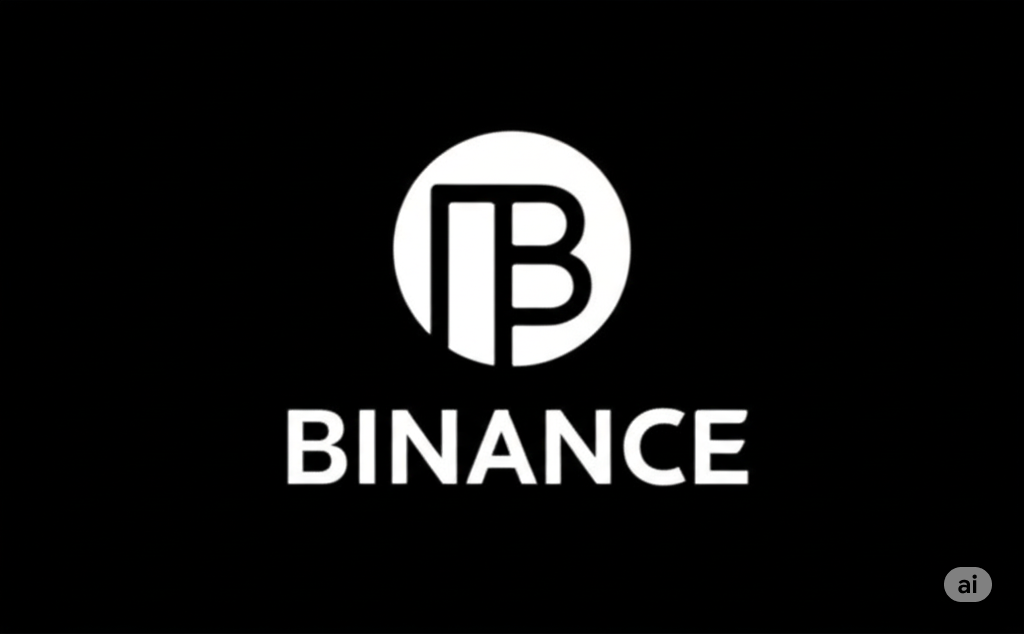The burgeoning interest in cryptocurrencies in India has naturally led to discussions about more accessible investment vehicles, such as Exchange Traded Funds (ETFs). While direct investment in cryptocurrencies faces its own set of regulatory considerations, the introduction of Crypto ETFs would likely trigger a new wave of scrutiny and guidelines from the Securities and Exchange Board of India (SEBI). Given SEBI’s mandate to protect investors and maintain market integrity, understanding the potential regulatory approaches is crucial for both investors and the crypto industry.
Currently, there is no clear framework in India specifically addressing Crypto ETFs. However, by examining SEBI’s existing regulations for traditional ETFs and its stance on cryptocurrencies in general, we can anticipate some key areas of focus for future regulations.
Likely Areas of SEBI Regulation:
- Underlying Assets and Index Construction: SEBI would likely pay close attention to the types of cryptocurrencies eligible for inclusion in an ETF. Highly volatile or less established cryptocurrencies might face stricter criteria or exclusion. The methodology behind the index the ETF tracks would also be under scrutiny, ensuring transparency and preventing manipulation. SEBI might mandate that indices are broad-based and representative of a certain market segment.
- Custody and Security: A major concern for any asset-backed ETF is the safe and secure custody of the underlying assets. For Crypto ETFs, this becomes even more critical due to the digital nature of cryptocurrencies and the risks of hacking and theft. SEBI could mandate the use of qualified custodians with robust security infrastructure and insurance coverage. Clear guidelines on cold storage, private key management, and disaster recovery would be essential.
- Valuation and Net Asset Value (NAV) Calculation: Determining the accurate and reliable Net Asset Value (NAV) of a Crypto ETF can be challenging due to the volatile and often fragmented nature of cryptocurrency markets. SEBI would likely establish rules for how these ETFs should value their holdings, potentially requiring the use of multiple reliable price feeds and clear methodologies for handling price discrepancies across exchanges.
- Investor Protection and Disclosure: SEBI’s primary concern is investor protection. For Crypto ETFs, this would involve stringent disclosure requirements regarding the risks associated with cryptocurrencies, the ETF structure, and the underlying index. Clear warnings about the volatility and potential for significant losses would be mandatory. SEBI might also impose restrictions on who can invest in these products, potentially limiting access to sophisticated or accredited investors initially.
- Operational Guidelines and Market Makers: Just like traditional ETFs, Crypto ETFs would require clear operational guidelines covering aspects like creation and redemption units, expense ratios, and the role of market makers in providing liquidity. SEBI might adapt existing ETF operational frameworks with specific considerations for the unique characteristics of the crypto market.
- Regulatory Arbitrage and Cross-Border Issues: As cryptocurrency markets are global, SEBI would need to consider the potential for regulatory arbitrage and coordinate with other international regulatory bodies. Rules regarding the listing and trading of Crypto ETFs that have exposure to international crypto assets or are domiciled overseas would be necessary.
Potential Challenges:
Regulating Crypto ETFs in India will present several challenges for SEBI. These include:
- The inherent volatility of cryptocurrencies: Managing and mitigating the risks associated with extreme price swings will be a key concern.
- The decentralized nature of crypto markets: Monitoring and regulating activities across numerous global exchanges can be difficult.
- Rapid technological advancements: The crypto space is constantly evolving, requiring SEBI to remain agile and adapt its regulations accordingly.
Conclusion:
The introduction of Crypto ETFs in India has the potential to broaden investor access to this asset class. However, it will necessitate a robust and well-thought-out regulatory framework from SEBI. Drawing lessons from international experiences and adapting existing ETF regulations to the unique characteristics of cryptocurrencies will be crucial. The focus will undoubtedly be on safeguarding investor interests, ensuring market integrity, and fostering a transparent and secure environment for Crypto ETFs to operate within the Indian financial market.












Leave a Reply